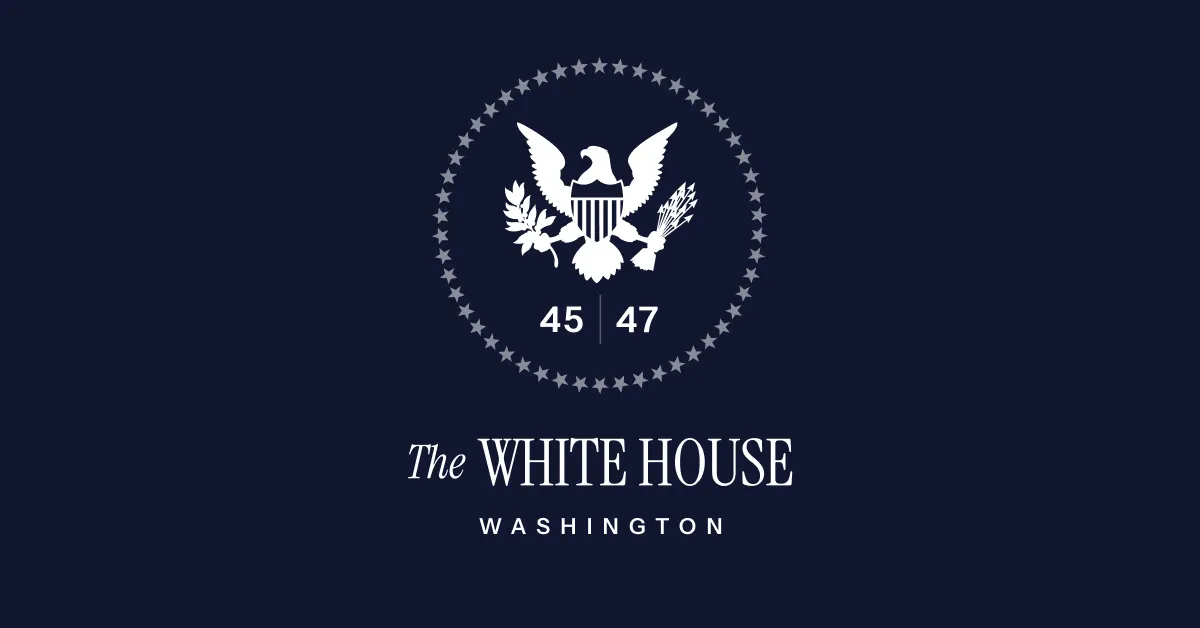
In an effort to reinforce the integrity of the electoral process in the United States, a new order has been issued by the President. This directive aims to ensure that elections are conducted fairly and transparently, addressing the growing concerns surrounding voter eligibility and the counting of ballots. The order highlights the stark differences between the U.S. electoral system and those of other developed nations. For example, countries like India and Brazil employ biometric databases for voter identification, while the U.S. primarily relies on self-attestation for citizenship. This disparity raises questions about the reliability of the current voting process.
The essence of a functioning democracy is built on the foundation of free, fair, and honest elections. This order emphasizes that American citizens have the right to have their votes counted accurately, without the threat of fraud or errors diluting their impact. The Constitution mandates that state governments uphold these principles, ensuring that elections comply with federal laws designed to protect voter rights. However, the current enforcement of these laws has been inconsistent, with many states failing to adhere to regulations that prohibit counting ballots received after Election Day.
One of the key components of the new order is the enforcement of citizenship requirements for federal elections. Within 30 days, the Election Assistance Commission is directed to mandate documentary proof of U.S. citizenship in its national mail voter registration form. This measure aims to prevent non-citizens from registering or voting, reinforcing the integrity of the electoral process. The order specifies that acceptable forms of documentation include a valid U.S. passport, military identification, or compliant state identification that clearly indicates citizenship.
To enhance the verification of voter eligibility, the Secretary of Homeland Security will ensure that state officials have access to necessary systems for confirming the citizenship status of registered voters. This collaboration is crucial for identifying any ineligible voters and maintaining the integrity of voter registration lists. Additionally, the order requires that federal agencies assess their processes to ensure compliance with laws regarding voter registration and eligibility verification.
Improving the security of voting systems is another priority outlined in the order. The Attorney General and the Secretary of Homeland Security are tasked with taking necessary actions to safeguard election infrastructure from unauthorized access and to prevent non-citizens from being involved in the electoral process. This includes reviewing the security of electronic systems used in voter registration and voting, ensuring that they are not susceptible to malicious software or cyber intrusions.
The order mandates full compliance with federal laws that establish a uniform Election Day for federal elections. The Attorney General is instructed to take action against states that violate these provisions by including late mail-in ballots in their final vote counts. This approach aims to reinforce the principle that all ballots should be cast and received by the legally established election date, thereby preserving the integrity of the electoral process.
To protect the electoral process from foreign interference, the order prioritizes the enforcement of laws that prohibit foreign nationals from participating in U.S. elections. This includes preventing foreign contributions to political campaigns and lobbying by organizations that have received federal funds. Ensuring that elections are free from outside influence is essential to maintaining public trust in the democratic process.
This new order represents a significant step towards enhancing the integrity of elections in the United States. By enforcing citizenship requirements, improving voter verification processes, and strengthening security measures, the administration aims to ensure that the electoral system is transparent and trustworthy. These efforts are vital to maintaining the fundamental democratic principles that underpin the nation.